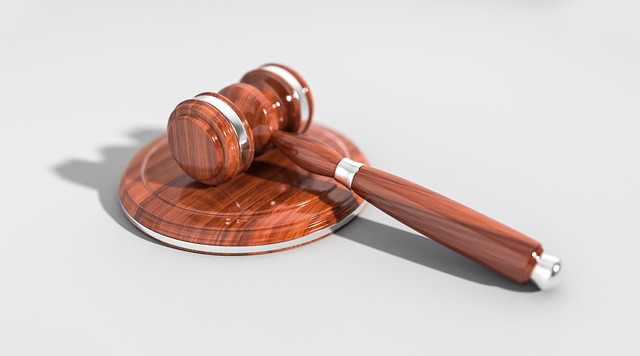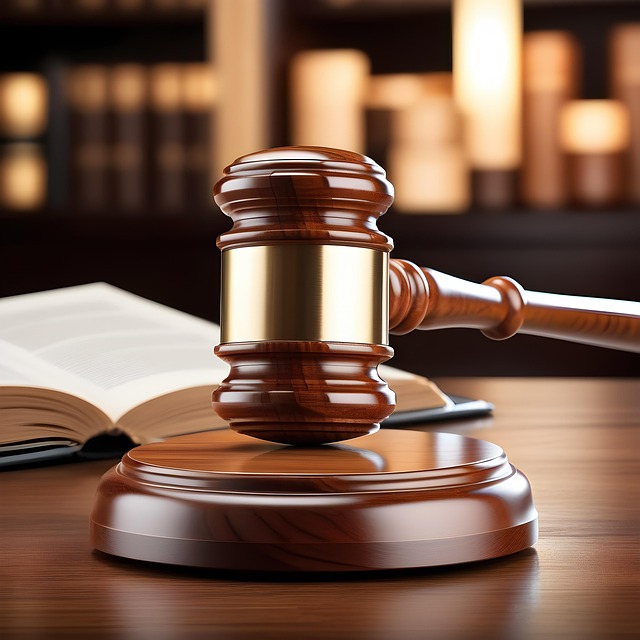Fair trial advocacy is a cornerstone of criminal law, where experienced attorneys protect defendants' rights and ensure procedural fairness. They navigate complex legal landscapes, unraveling ambiguous laws and constructing robust defenses based on evidence and principles, not speculation. Through strategic thinking, deep knowledge of rules, and passionate argumentation, these advocates secure justice, challenging biases and irregularities. Their meticulous research, critical analysis, and humanizing narratives aim to sway juries and ensure fair outcomes in high-stakes cases, upholding the integrity of the legal system.
In the intricate world of criminal law, complex defense cases demand seasoned expertise. This article explores the nuances of ‘Understanding Complex Criminal Defense: Navigating Legal Labyrinths’, highlighting the pivotal role of advocacy in securing a fair trial. We delve into strategies for crafting robust defense narratives, while also examining ethical responsibilities. By shedding light on ‘The Role of Advocacy’ and presenting ‘Success Stories’, we demonstrate how effective legal representation can transform outcomes, emphasizing the importance of dedicated professionals in ensuring justice.
- Understanding Complex Criminal Defense: Navigating Legal Labyrinths
- The Role of Advocacy in Ensuring a Fair Trial
- Strategies for Building a Compelling Defense Case
- Ethical Considerations and Professional Responsibilities
- Success Stories: How Effective Advocacy Changes Outcomes
Understanding Complex Criminal Defense: Navigating Legal Labyrinths

In the intricate world of criminal law, complex defense matters demand a unique skill set and profound understanding of legal principles. Navigating these labyrinths requires lawyers to be adept fair trial advocates, ensuring every defendant’s rights are protected. The process involves unraveling intricate details, from interpreting ambiguous laws to constructing robust defenses that counter sophisticated prosecution arguments.
Experienced criminal defense attorneys specialize in demystifying these complexities. They employ strategic thinking and a deep knowledge of procedural rules to build solid cases. Their role is pivotal in securing a fair trial, where every element of the charge is scrutinized, and the client’s innocence or guilt is determined based on robust evidence and legal principles, not speculation or bias.
The Role of Advocacy in Ensuring a Fair Trial

Advocacy plays a pivotal role in ensuring that every individual accused of a crime receives a fair trial. It involves more than just presenting legal arguments; it encompasses robust representation, zealous defense, and passionate argumentation on behalf of the client. Skilled advocates are instrumental in navigating the complexities of criminal law, ensuring that evidence is properly handled, rights are safeguarded, and procedural fairness is maintained throughout the judicial process.
Effective advocacy ensures that all parties have an equal chance to present their case, challenging any potential biases or irregularities. It involves meticulous preparation, strategic planning, and a deep understanding of both the facts and the law. By employing powerful rhetoric, compelling evidence, and persuasive legal reasoning, advocates can sway the jury, protect their client’s interests, and ultimately secure a just outcome—a cornerstone of any democratic society.
Strategies for Building a Compelling Defense Case

Building a compelling defense case in complex criminal matters requires a strategic approach that ensures every angle is explored and evidence is presented effectively. The first step involves meticulous research, where lawyers sift through laws, precedents, and facts to identify potential defenses and loopholes. This includes understanding the client’s background, the circumstances leading up to the alleged crime, and any extenuating factors that could influence the case.
Fair trial advocacy plays a pivotal role here. Lawyers must navigate the balance between presenting a robust defense and respecting the integrity of the legal process. They need to gather and analyze evidence critically, challenge the prosecution’s assertions, and construct a narrative that not only refutes the charges but also humanizes the defendant. This may involve expert testimony, character witnesses, or compelling documentary evidence to sway the jury’s perception and ultimately secure a favorable outcome.
Ethical Considerations and Professional Responsibilities

In the intricate landscape of complex criminal defense, lawyers navigate a delicate balance between advocating for their clients and upholding ethical standards. Fair trial advocacy is paramount, ensuring every defendant receives a thorough and impartial representation. This involves meticulous attention to procedural rules and constitutional rights, especially in cases with high-stakes consequences.
Professional responsibilities extend beyond legal acumen; they encompass integrity, confidentiality, and a commitment to justice. Lawyers must strive to protect the rights of the accused while maintaining public trust. Ethical considerations demand transparency, honest communication with clients, and avoiding conflicts of interest. By adhering to these principles, defense attorneys contribute to a robust and fair judicial system.
Success Stories: How Effective Advocacy Changes Outcomes

In the intricate world of criminal defense, where every detail matters, successful outcomes are often a testament to the power of fair trial advocacy. Skilled attorneys who excel in this domain can make all the difference, ensuring their clients receive a thorough and just defense. These advocates don’t merely fight for their clients’ freedom; they navigate complex legal landscapes, uncovering crucial evidence, challenging prosecution theories, and presenting compelling arguments. Their expertise lies in turning potential weaknesses into strengths, ultimately shaping favorable jury decisions or secure plea bargains.
Through relentless preparation, strategic thinking, and passionate argumentation, these defense lawyers change lives. Each successful case is a story of how effective advocacy can overturn initial judgments, exonerate the innocent, or mitigate severe punishments. It’s about ensuring that justice isn’t merely served but also achieved fairly, giving every individual the chance to have their day in court and present their side of the narrative.














